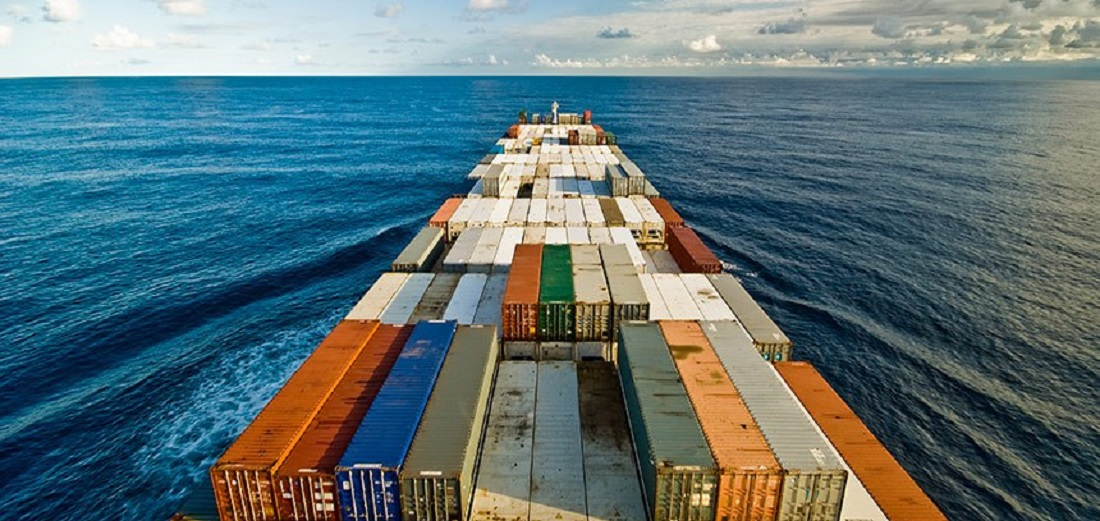
How the maritime trade industry can avoid becoming a climate change pariah
Feb, 25, 2022 Posted by Gabriel MalheirosWeek 202208
The global shipping industry is under significant pressure to reduce its carbon emissions, risking pariah status if it fails to deliver.
Contributing between 2.5% and 3% of all greenhouse emissions – more than the whole of Germany – its lack of progress incurred the wrath of UN secretary-general Antonio Guterres, who criticized the IMO in the run-up to the COP26 climate change conference last year.
The IMO’s strategy was for a 40% reduction in carbon emissions by 2030 against a 2008 benchmark, but in the wake of COP26, the organization agreed to revise its plans, which its Marine Environment Protection Committee will consider in Spring 2023.
Yet disputes on how the shipping industry can reduce its carbon emissions threaten to drag on just as the UN, the EU, and national governments look to impose a patchwork of restrictions. The prime example is the opposition to last year’s plan for a $5bn fuel levy administered by the International Maritime Research Board to fund research into green alternatives.
The need for solutions and agreements is becoming ever more urgent. In Europe, the EU Parliament is imposing an entire series of carbon restrictions on shipping. Brussels has set a target for carbon-neutrality by 2050, aiming to reduce transport emissions by 90%.
Attempts to link ship financing to decarbonization and environmentally-favorable behavior go back a few years. The Poseidon Principles, launched in June 2019, have achieved uptake with 27 financial institutions. They are applicable to lenders, lessors, and financial guarantors including export credit agencies, establishing a global baseline on whether financial institutions’ lending portfolios are in line with adopted climate goals, including those of the IMO.
The maritime industry should implement the technology to screen and demonstrate compliance
While arguments about fuels and engines continue, the shipping industry as a whole needs greater transparency when it comes to climate change. National and international monitoring organizations, port authorities, and banks need to be able to see evidence that charterers and operators are using vessels that have low or zero-carbon, and that they move at a fuel-efficient speed along the best route possible.
The problem, of course, is that most organizations in shipping or trade finance do not have sufficient expertise in carbon emissions and sustainability. The effort to upskill and then conduct screening of vessels, cargoes, counterparties, and routes is significant and time-consuming.
Thankfully, the technology to do this is already available. Financial organizations currently use software to screen trade transactions for compliance with anti-money laundering and international sanctions compliance. The databases they access are highly detailed and authoritative.
Similar approaches are implementable for greenhouse gas and broader climate change and sustainability requirements. Expert companies now conduct carbon emissions measurements for individual vessels, using recognized techniques correlating fuel-type to cargo and route. They can monitor hundreds of thousands of vessels at any time. The outputs of this screening and monitoring are verified by highly reputable third-party organizations.
Monitoring solutions will integrate this high-quality data into workflows within existing systems, such as those screening for sanctions compliance. This enables charterers and banks to rate a vessel, its peer group, and its carbon tonne per mile within a matter of seconds, while also producing an essential audit trail.
This provides the necessary visibility to commodity companies, charterers, banks, port and flag authorities. With carbon-reduction regulation almost inevitable, having digital evidence to demonstrate compliance to future regulators provides a real competitive advantage to those that have it.
With the tide of regulation likely to come in at a rapid pace, operators and charterers need to show they have kept up and are not climate-change pariahs. That includes choosing the right ships and selecting the best routes in the most efficient and compliant manner, using fuels that meet sustainability criteria.
Source: Container News
To read the full original article please see:
-
Coffee
Dec, 30, 2021
0
Coffee: Ethiopia exported US$358.81 million in Arabica coffee between July and November
-
Ports and Terminals
Jan, 20, 2021
0
Port of Vitória expands supply of marine diesel as cargo handling grows
-
Other Cargo
Jan, 27, 2025
0
JBS, Meat Giant, Acquires 50% of Mantiqueira, Egg Giant
-
Grains
Mar, 25, 2020
0
US soy exports to China increase six-fold in first two months

